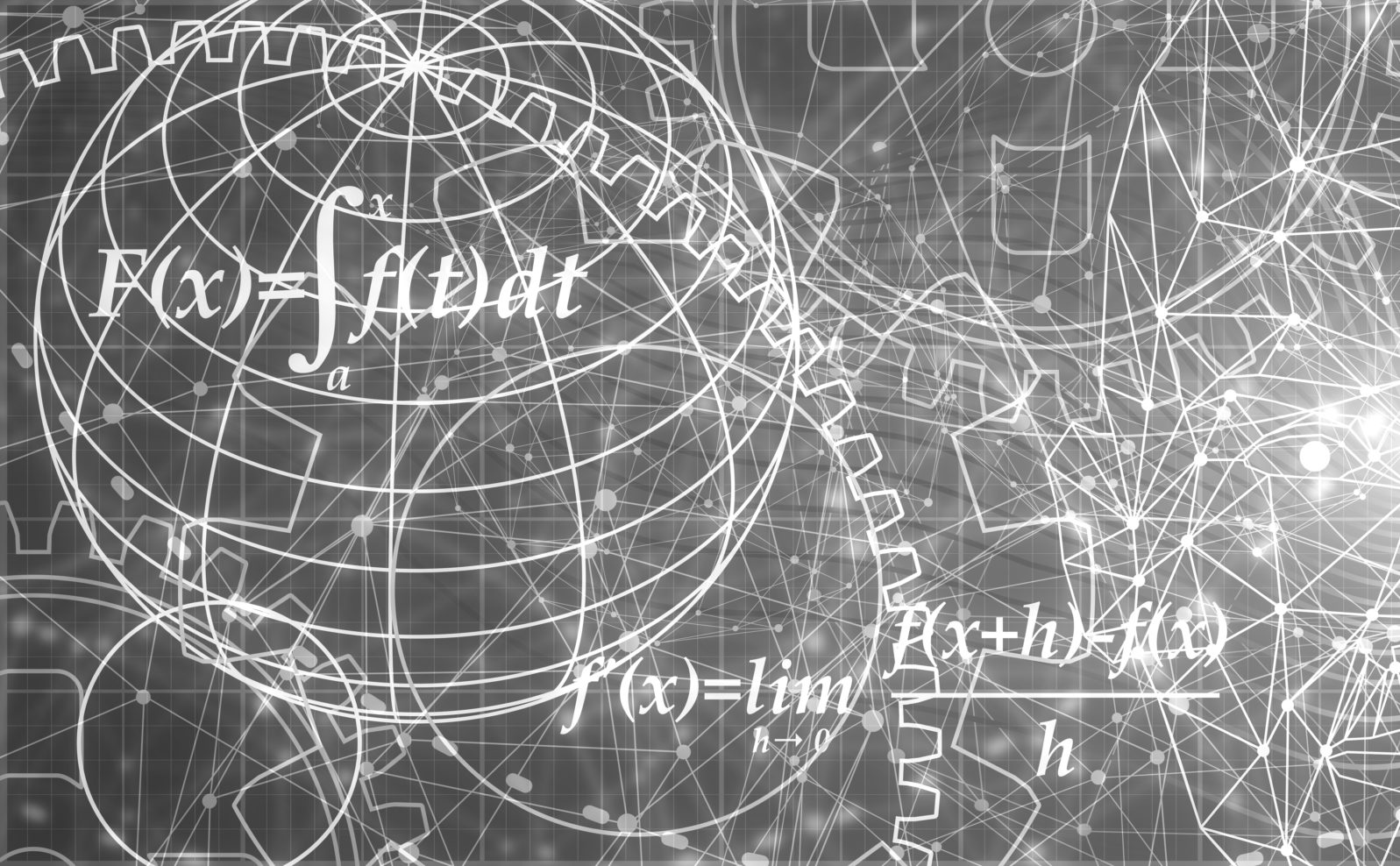Religious Scientists Balance Work and Faith — on a Knife Edge
A recent article in Nature both sums up — and typifies — the problems they face, weaving around the presumption of atheismA recent article in Nature by Anne Marie Conlon profiled the work of Rice University sociologist Elaine Howard Ecklund. She has spent two decades surveying scientists’ attitudes to religion, mainly via confidential interviews. The results are interesting:

For the past 20 years, Elaine Howard Ecklund has studied scientists’ attitudes towards religion. What she’s found, through more than 40,000 surveys and nearly 2,500 confidential interviews, is that there are more religious scientists than many people would expect. In one study, at least 30% of respondents declared a religious affiliation.
Conlon AM. How religious scientists balance work and faith. Nature. 2024 May;629(8013):957-959. doi: 10.1038/d41586-024-01471-0. PMID: 38769452. The paper is open access.
That compares, we are told with 85% of the general population.
Have a look at these two paragraphs:
Confidentiality, says Ecklund, allowed the scientists she surveyed to be more open about their faith than they might otherwise have been. “They were almost waiting to talk about it,” she says. “They feel like there’s so much silence within the scientific community about religion — it felt somewhat of a relief to talk about their own approach to religion in a safe environment.”
Ecklund has also found that many scientists are quite open to their colleagues’ beliefs. “Atheist scientists are much less negative about religion than we might be led to believe by the loudest voices, which we often think are the most numerous ones. And that’s often not the case,” she says. For example, her 2016 study found that in the United States, two-thirds of scientists do not view the science–religion relationship as one of conflict.
Conlon, “Work and faith”
Conlon also interviewed West Virginia University sociologist Christopher Scheitle who found that, of 1300 graduate students surveyed, many reported “a culture of ‘assumed atheism’ that often led them to conceal their religion for fear of being judged or discriminated against.”
So what no one talks about at work for fear of discrimination is misrepresented by “the loudest voices” to the public with complete social impunity…
Does that sound like a bias-free environment to you? Us neither.
Bias against active Christians
Incidentally, a 2020 study led by Arizona State University biology educator M. Elizabeth Barnes explored real vs. perceived bias against devout Christians in science, reporting,
We found no statistically significant differences in how biology professors rated a student who was President of the Christian Association compared to a student who was President of the Atheist Association or a student who was President of the Activities Association. However, in Study 3, biology professors did rate a Christian student who went on a mission trip with Campus Crusade for Christ as less hireable, less competent, and less likeable than a student who did not reveal a Christian identity. Taken together, these studies indicate that perceived bias against Christians in science may contribute to underrepresentation of Christians but actual bias against Christians in science may be restricted to a specific type of Christianity that scientists call fundamentalist and/or evangelical.
Barnes ME, Truong JM, Grunspan DZ, Brownell SE. Are scientists biased against Christians? Exploring real and perceived bias against Christians in academic biology. PLoS One. 2020 Jan 29;15(1):e0226826. doi: 10.1371/journal.pone.0226826. PMID: 31995573; PMCID: PMC6988906. The paper is open access.
In other words, a Christian student who is influenced by or, worse, acts upon Christian teachings is perceived as “less hireable, less competent, and less likeable” than others. That would be news to Carl Linnaeus and Louis Pasteur, who were quite explicit about the relationship between their faith and their science.
The article features (of course) the expected interview with a scientist who once doubted Darwinian evolution but found peace at last in a liberal church. There is, however, no interview with a scientist like Gunter Bechly who came, based on research findings, to doubt Darwin’s teachings and found himself ostracized.
But one thing that’s lacking in Conlon’s informative article is the familiar shoutout to Francis Collins, the iconic establishment-approved high-level Christian scientist. As a thoughtful article in Christian Post makes clear (Jan F. Dudt, 2022), Collins seems to have bent a good deal over the years, to avoid breakage. That should make him an ideal candidate for a shoutout here.

Unfortunately, during the disastrous COVID lockdowns, Collins led the charge, tarring the reputations of dissenting epidemiologists in a highly political and very unscholarly manner. Perhaps the gatekeepers are now reluctant to urge Christians to imitate his example.
Ecklund positions herself in the middle with an admirably trendy argument: “By raising suspicion about religious people, we, as scientists, may be inadvertently keeping racial and ethnic minorities and women out of science,” because these groups tend to be more religious.
But that raises a question: How many serious Christians, for example, would really want to be treated as victims in order to advance their careers? The rallying cry of Christians under persecution has always been Christus victor — “Christ wins (anyway)!” And it has largely worked. Why live under the shadow of “didn’t earn it” instead?
A parting thought: What benefits has the presumption of atheism provided? So many disciplines are now reeling under peer review scandals while public trust in science has diminished over the years. Opening a window or two might help stave off an untimely collapse.
You may also wish to read: Claim: If science were properly presented, trust would grow! The ideas examined in these four short essays all assume that scientists are exempt from the bias and self-interest that governs everyone else. We’re asked to believe that scientists are somehow exempt from the bias problem ingrained in our biology — yet they have the same biology as everyone else…
